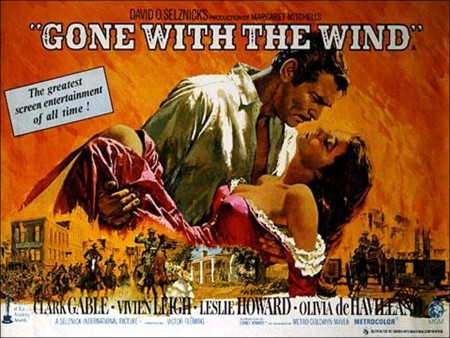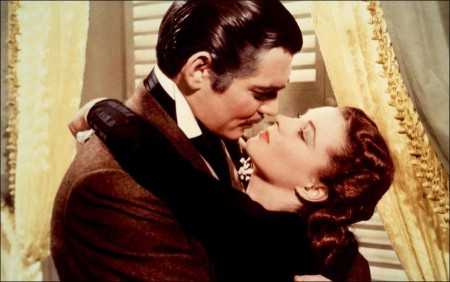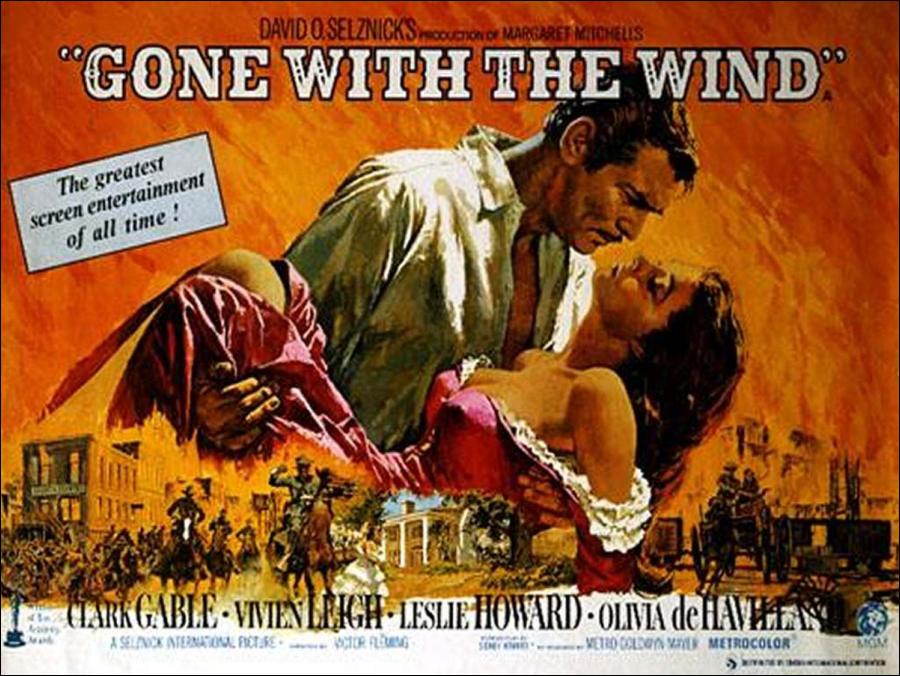The diversity of pictures that sound made possible was the most characteristic feature of the movies in the 1930’s. They were filling the democratic role that the theatre itself had played a century earlier, and nightly programs often showed a startling resemblance to those of the popular playhouses of that earlier day. As well as straight theatre, the movies offered a modern equivalent for the equestrian melodramas, elaborate burlesques, and variety shows which had once had such wide appeal.
At firstrun houses there might be seen in quick succession a classical play filmed with all the artistry the producers now commanded, an extravagant girl-and-music show, a detective thriller, a bloodand-thunder western melodrama, a sophisticated comedy, and a slap-stick farce. A single show, again like those of mid-century, invariably included one of these main features; one or more specialities, which might well be a singing or dancing act (the news reel was an innovation for which the theatre had had no parallel); and a comedy short, which took the place of the nineteenth-century afterpiece.
The feature films derived from plays of the legitimate stage ranged from Camille to Petticoat Fever, from Pygmalion to Idiot’s Delight. Historical romances were elaborately produced: Disraeli was a favorite picture one year, and in another Cimarron, a story of Oklahoma pioneering. Gone With the Wind was a sensation at the close of 1939. Well-known classics were adapted to the screen, with such notable successes as Captains Courageous and David Copperfield.
New possibilities opened up with animated cartoons. The “Silly Symphonies” had a great success, and one of the most popular pictures in 1937-38 was the cartoon fairy-tale (photographed in color) of Snow White and the Seven Dwarfs. To provide a comprehensive service to its exhibitors, a studio also needed to keep a stable of stars representing each of the most prominent types. Competition between stars was exaggerated by studio publicity and fan magazines, which delighted as much in inventing feuds between female stars of sirnilar appeal as they did in devising new romantic permutations among Hollywood’s leading figures.
Continue Reading at Popular Culture >>
Views: 479






